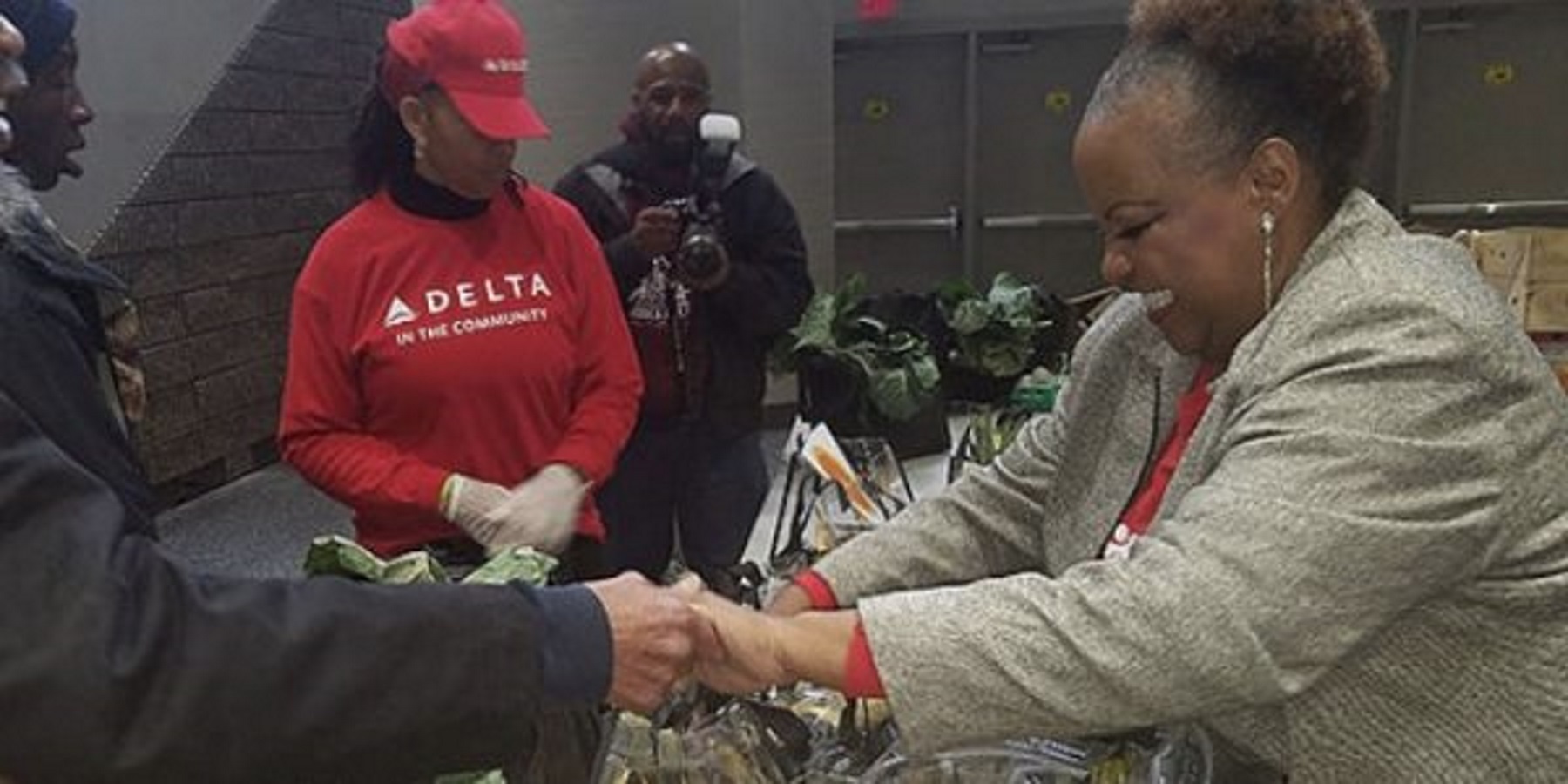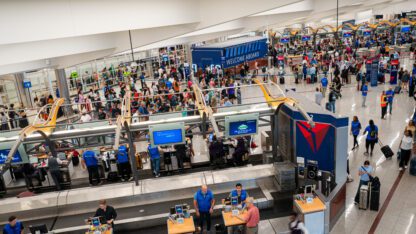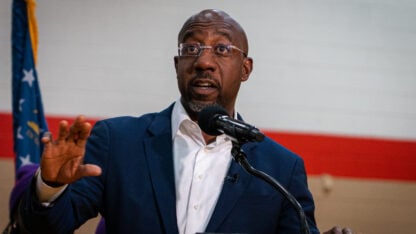Local nonprofit Hosea Helps is getting ready for what’s traditionally one of its biggest events of the year: A Thanksgiving meal for people in need. But with the pandemic, this year’s holiday meal will look very different.
Usually, Hosea Helps organizes a big, sit-down Thanksgiving meal at the Georgia World Congress Center. Musicians play. There are free haircuts and health care screenings. People can get hot showers and fresh clothes.
But not this year.
“We really literally had to sit down and develop a whole new plan,” said Elisabeth Omilami, CEO and president of Hosea Helps.
This is the 50th consecutive year of this Thanksgiving program, she said. And they’ll still be able to give out food, but they’ll be set up outside the World Congress Center and aren’t doing all they usually can.
“We won’t be able to do the barbers and beauticians, the medical clinic, the hot showers and the clothing distribution as we did every year,” she said.
She says they can’t cook meals for the thousands they usually serve, either. But they have a system so that they can hand out fresh produce, PPE, pre-made food and cans for people who don’t have homes to cook in, and boxes with two weeks’ worth of food, including a turkey for people who do.
Hosea Helps is known for its Thanksgiving event, but the organization provides year-round services, serving as a food bank that provides food both to food pantries and also to individuals.
The organization is also using money from the CARES Act to help people with their mortgages or rents and utility bills.
Omilami said she could tell early in the pandemic that the need this year would be tremendous.
“In March, we started realizing something was happening,” she said. “The people that were coming to us for food were not individuals anymore. It was organizations — other nonprofits — coming to ask for pallets of food, transitional houses.”
And she says even though the state may have increasingly rosy employment numbers, the people she serves, including single mothers whose children are attending school from home and many who worked in restaurants, hotels, car rental agencies and at the airport, are still struggling.









